
The History of [Thing] in [Number] Things: 2023 Microhistories
For a reading dilettante like me, one kind of book catches my attention faster than any other. I need to know nothing about the author, subject, or publisher. If you put out a book with a titling scheme even close to “a history of [thing] in [x] things” I will consider reading your book.
It offers me the range of an encyclopedia but also the depth of expertise. It offers the reading cadence of a collection of short stories or essays, with a more sustained engagement of a history. I don’t really have to follow an underlying argument of overarching narrative: each entry tends to have a beginning, middle, and end. And then on to the next. This buffet-like quality leads me to try things I generally wouldn’t consider; after all, it is more a sampling than a smorgasbord, and more times than not, I end up serving myself much more than I would have thought.
The below represents my conscientious collecting of these kinds of books that came out in 2023. I have read many of them, plan to read several more, and would love to have time to get to all of them. A note: there are not as many books in this genre/format/conceit/premise from authors of color as we deserve. If you know of one that I missed, please do let me know at firstedition [at] bookriot.com.
In no particular order:
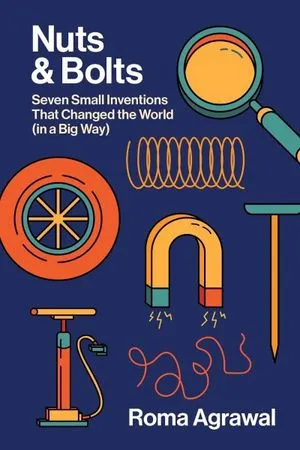
Nuts & Bolts: Seven Small Inventions That Changed the World in a Big Way by Roma Agrawal
I am in the middle of this one, and in many ways, it is as close to the platonic ideal of what I want as any like this I have read. The author is expert writing at just the pitch I like: aware that I probably am not technical, but also giving me just enough credit that I don’t feel patronized. Also, the more mundane for me, the better. Everything can be interesting, and suddenly, finding something like lugnuts newly wondrous is a real reading gift.
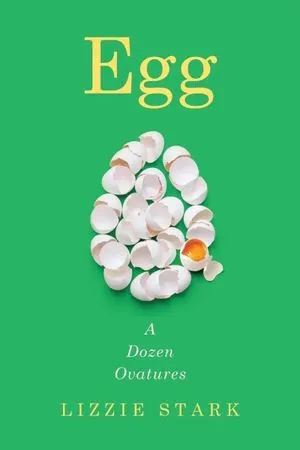
Egg: A Dozen Ovatures by Lizzie Stark
The other move you can make is to ever so slightly put your tongue in your cheek. It is a subtle line; I don’t want to feel like it is totally a gag. But if you can mix in an awareness that an effort like a book of essays on eggs could be, but you succeed in avoiding making it, precious, then all the better. Let me in on the yoke, as it were.
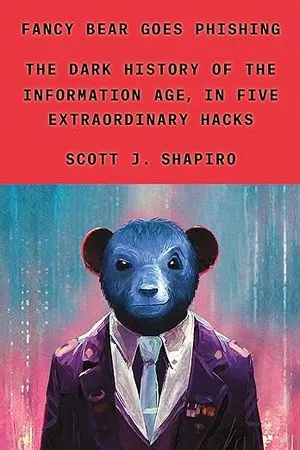
Fancy Bear Goes Phishing: The Dark History of the Information Age, in Five Extraordinary Hacks by Scott J. Shapiro
I generally don’t dive into books about current events, politics, or cultural trends: to my mind, long-form magazine journalism tends to hit the sweet spot between timeliness and depth more frequently. But if you can show me the underbelly of hacking and information by hanging the trenchcoat on five specific stories? You can have my username and password right now.

Cultures & Flavors: Around the World in 193 Dishes: Recipes and Facts for all Countries in the World by Vera Saudade
The History in [X Objects] also sugarcoats another pill I generally can’t get myself to take: cookbooks. I am, let’s say, an indifferent cook, but recipes/travel writing can sometimes work. Add in facts? Now we are on our way to me earnestly being interested in varieties of hummus. That I will never, ever, ever make.
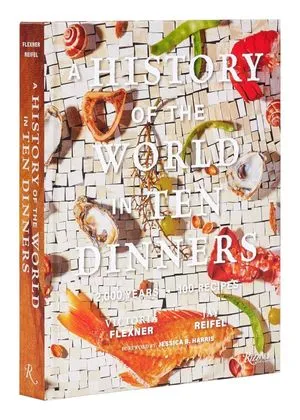
A History of the World in Ten Dinners by Victoria Flexner and Jay Reifel
But wait, what if you also added eating! My knife and fork are now out and ready.
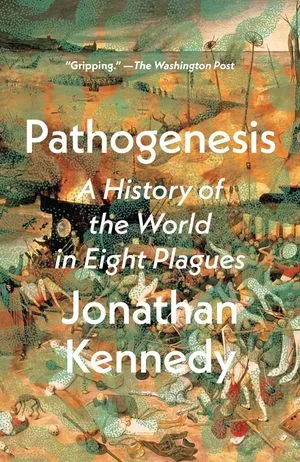
Pathogenesis: A History of the World in Eight Plagues by Jonathan Kennedy
Too soon maybe? Or how about not soon enough. By having several instances of a phenomenon to consider, it can be easier to see patterns, strategies, failures, and really lessons of any kind in greater relief. The old “those who don’t know history are doomed to repeat it” chestnut overlooks that there is so much history and the lessons therein aren’t as straightforward as just reading The Rise and Fall of the Roman Empire. The history of Empires in 9 Falls, however….is something I should have kept to myself to try to go pitch.
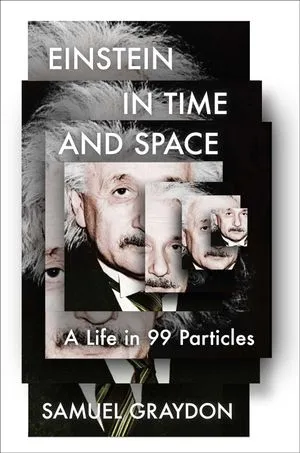
Einstein in Time and Space: A Life in 99 Particles by Samuel Graydon
Didn’t think there was another way to use Einstein to sell a pop science book? Assumed that every quark and muon of his story, quotes, and general cultural currency had been spent? Not so fast. The thing that got me here wasn’t the Einstein, but the 99 particules. Can I name even twelve? Apparently, I have 87 to look forward to discovering.
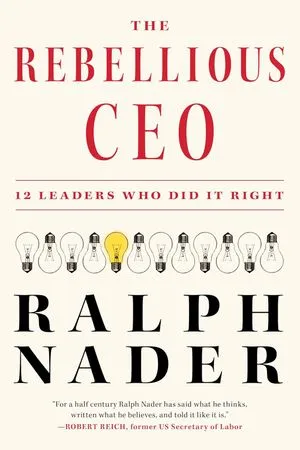
The Rebellious CEO: 12 Leaders Who Did It Right by Ralph Nader
Sometimes two wrongs can make a right. At this point, I am not terribly interested in what Ralph is stumping for these days (2000 wasn’t that long ago to me). And books that have CEO in the title are generally airport pablum of unendurable tedium. But Nader listing 12 CEOs he thinks did it right is a strange and possibly winning combination, like bacon on maple donuts.
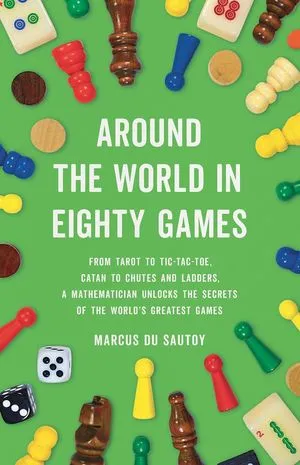
Around the World in Eighty Games by Marcus du Sautoy
“Around the World” suggests an even lighter exploration than “a history of,” and once you are up past 20 or so entries, it’s difficult to be an examination so much as a compendium. And that’s fine! Variations on a micro-genre are welcome.
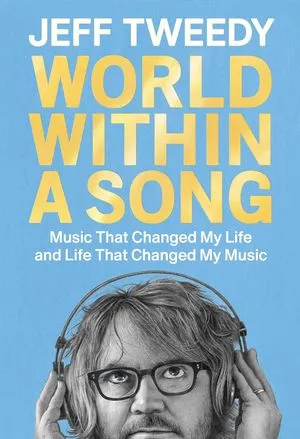
World Within a Song by Jeff Tweedy
There is no substitute for having an interest/affection for an author. I have been listening to Wilco for as long as I have been losing my hair, so Jeff Tweedy’s little memoirette through 50 songs that are meaningful to him is an easy sell and was an even easier listen.
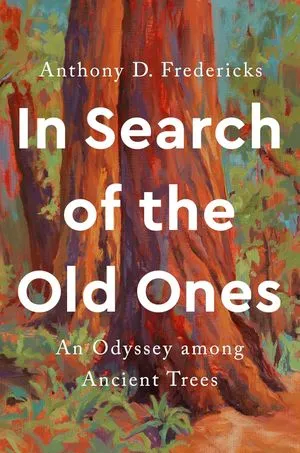
In Search of the Old Ones: An Odyssey Among Ancient Trees by Anthony Fredericks
A book about 10 really old trees. Elegaic, searching, thoughtful—and still a book about 10 old trees. Couldn’t be more excited.
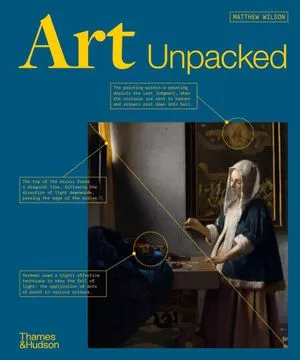
Art Unpacked: 50 Works of Art Uncovered, Explored, Explained by Matthew Wilson
Sometimes I feel like this structure doesn’t quite count. The entries are more discrete than I tend to like, and it is up to the author’s performance of the reading of each object, here works of art, to emulsify them. It can work but generally feels more like erudite vignettes than a guided tour.
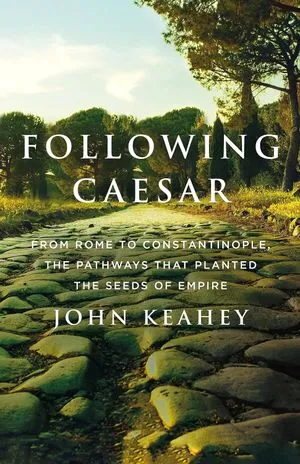
Following Caesar: From Rome to Constantinople, the Pathways That Planted the Seeds of Empire by John Keahey
How often do men think about the road of the Roman Empire is the question we should all be asking. This one isn’t out yet, but you can be your toga I will be flipping through it to see if each chapter is about a specific Roman road. God, I hope so.
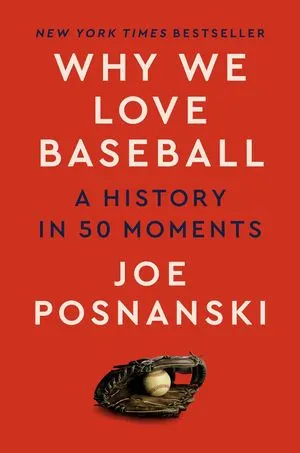
Why We Love Baseball: A History in 50 Moments by Joe Posnanski
Just give it to your Dad already. The only thing that would make it more Dadnip would be if it were a history of Roman baseball in 50 moments.
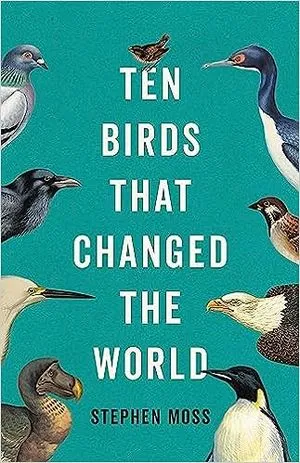
Ten Birds That Changed the World by Stephen Moss
See now that just reads like a challenge to me. You’ve set a high bar there Stephen Moss. Not only do you have to convince me that birds can change the world, but that these 10 specific kinds of birds already did! Who am I kidding? I am already practicing how to bore my kids with the story of how the grackle was responsible for the formation of the modern trucking industry (that is a lorem ipsum anecdote, so don’t repeat it.)
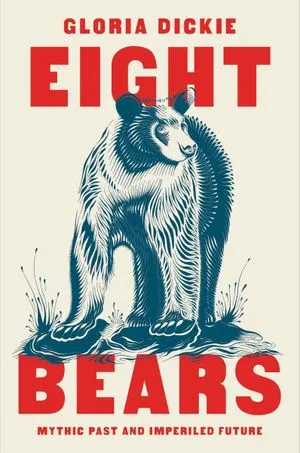
Eight Bears by Gloria Dickie
Is this the book you would most like to give Dwight Schrute? No fuss just Eight Bears.
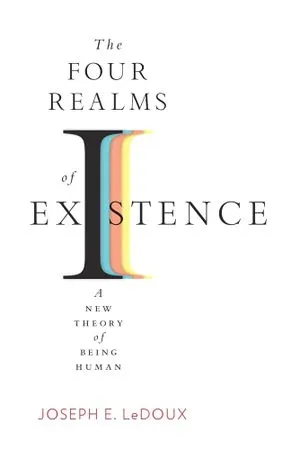
The Four Realms of Existence: A New Theory of Being Human by Joseph LeDoux
This one is not just juggling chainsaws but is also setting them on fire. LeDoux has to convince us that these “realms” exist and that they are fundamental to understanding how human experience works. I am willing to try. But Eigh Bears comes first.
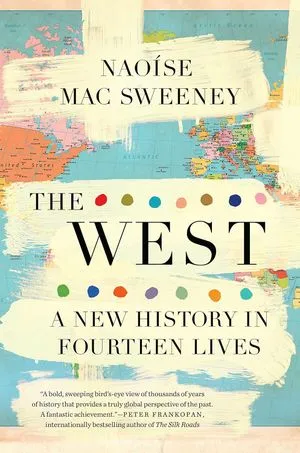
The West: A New History in 14 Lives by Naoíse Mac Sweeney
Sometimes I wonder how did it come to be that specific number in the title. Did this author, for example, start with a long list of 19 people, but someone thought that was too many? Why eschew the workhorse 10 or calendar/quantity of food items familiar 12? Were those last two or four lives critical and the whole enterprise would have fallen apart without them? These are the questions only real connoisseurs ask and that well-adjusted people let go.
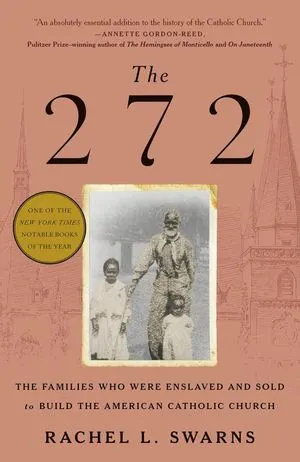
The 272: The Families Who Were Enslaved and Sold to Build the Catholic Church by Rachel L. Swarns
As is probably clear, this format generally is the purview of lighter fare, lending more toward leisurely edification than revelatory historical research. And for this title, which appeared on many best-of lists so far this year, the size and specificity of the number aren’t an attempt to gloss or condense something, but rather to give it specificity and weight. More like this, please, and thank you.
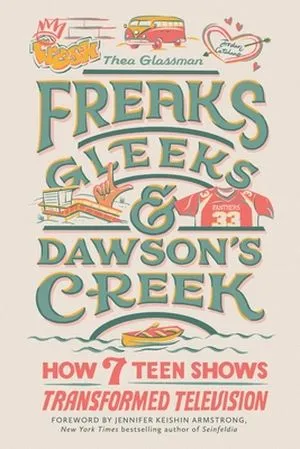
Freaks, Gleeks & Dawson’s Creek: How 7 Shows Transformed Television by Thea Glassman
Sometimes weight is precisely what you don’t want. I mean, I like Dawson’s Creek well enough and would happily spend 25 pages learning about its production, fandom, and lingering cultural relevance. But no more than that. Serving size: one chapter.
The comments section is moderated according to our community guidelines. Please check them out so we can maintain a safe and supportive community of readers!










Leave a comment
Join All Access to add comments.